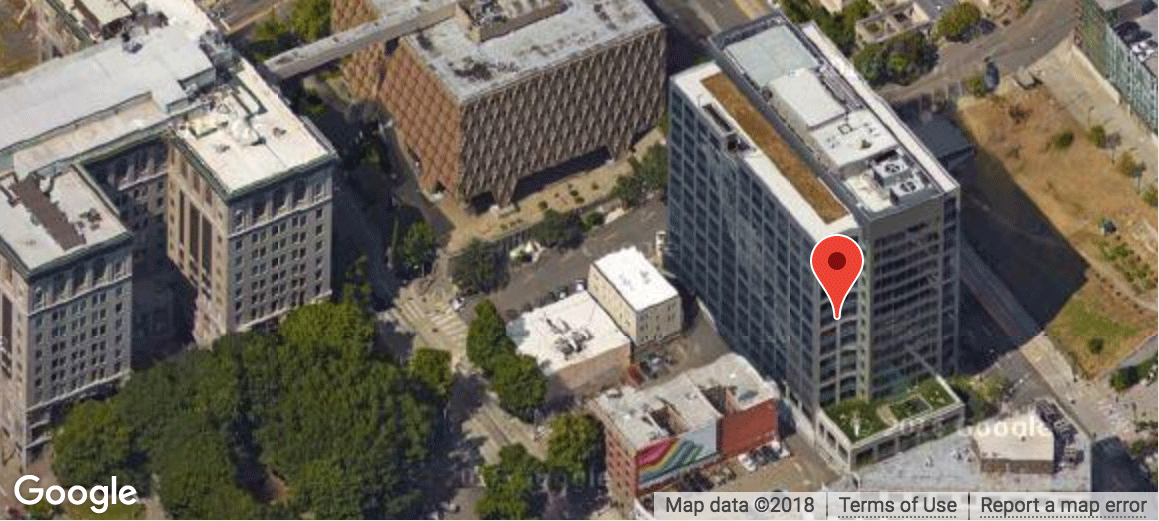Executive Constantine invests in local food economy with plan to protect 13,500 acres of farmland
Summary
As part of his Land Conservation Initiative, King County Executive Dow Constantine has committed to protecting 13,500 acres of farmland that the growing region will need to sustain a local food economy, promoting equitable access to nutritious, locally grown goods
Story
Select a video
Alongside farmers and chefs, King County Executive Dow Constantine today announced early progress toward his goal of protecting 13,500 acres of farmland needed to strengthen the local food economy, adding it to the 16,000 acres that the county has preserved over the past 40 years.
Many of the fresh goods that residents purchase at farmers markets, groceries, and restaurants today are grown on farmland that King County has protected with its successful Farmland Preservation Program. Executive Constantine included farmland in the Land Conservation Initiative to help ensure that future generations have equitable access to nutritious, locally grown food as the population grows and the cost of land rises.
“Our success in protecting farmland has made it possible for more people to enjoy the delicious foods and fresh flowers that King County is famous for, strengthening an equitable, sustainable local food economy,” said Executive Constantine. “We’re off to a strong start protecting the next 13,500 acres of land that local farmers must have to bring more homegrown goods to markets, restaurants, and groceries.”
Executive Constantine in 2016 launched the Land Conservation Initiative to protect 65,000 acres of the highest conservation-value open space in King County, which includes 13,500 acres of farmland. King County and partners have already protected 1,200 acres of farmland identified by the Land Conservation Initiative.
King County is one of the few major urban counties in the United States that has expert staff dedicated to protecting farmland. Its Farmland Preservation Program, which is celebrating its 40th anniversary, has protected more than 16,000 acres of farmland that otherwise would have been lost to development. King County’s population has grown by 1 million people since the program was enacted in the early 1980s, increasing development pressure on all open spaces, including farmland.
In addition to protecting farmland, King County technical advisors collaborate with partners across the food system to connect farmers with resources they need to succeed, such as financial resources, advice on purchasing or renting the right farmland, assistance on crops, livestock, and soil fertility, recommendations for taking goods to market, and guidance on complying with food safety standards.
Farmers consistently tell King County staff that the biggest barrier to success is access to adequate and affordable farmland.
King County in recent years has done more make to the local food economy more inclusive. That includes making access to farmland more equitable for Black, Indigenous, and other people of color and then connecting them with the resources they need to participate in the local food economy, producing culturally relavent food.
Relevant links
- Land Conservation Initiative
- Farm King County
- VIDEO: Executive Constantine hosts press conference at Pike Place Market
- VIDEO: B-roll footage available to news media
- PHOTO GALLERY: Protecting King County farmland
Quotes
Our success in protecting farmland has made it possible for more people to enjoy the delicious foods and fresh flowers that King County is famous for, strengthening an equitable, sustainable local food economy. We’re off to a strong start protecting the next 13,500 acres of land that local farmers must have to bring more homegrown goods to markets, restaurants, and groceries.
The Farmland Preservation Program not only preserves land to promote growing local food and fiber, but preserves legacies of multi generational farms and the socio and economic impact they have on the local community. This program helped keep our multi generational farm operating. We take pride in continuing to grow and produce fresh, local food for residents in King County and, in some cases, throughout the world.
For more information, contact:
Doug Williams, Department of Natural Resources and Parks, 206-477-4543

 Translate
Translate





